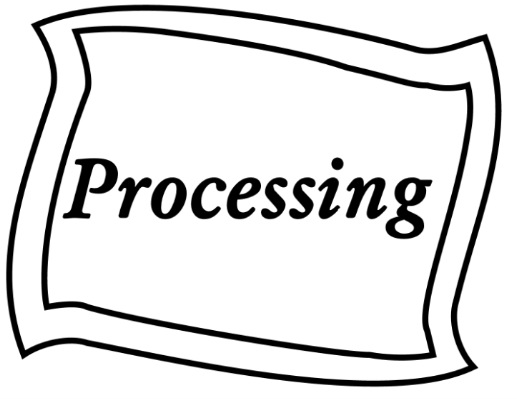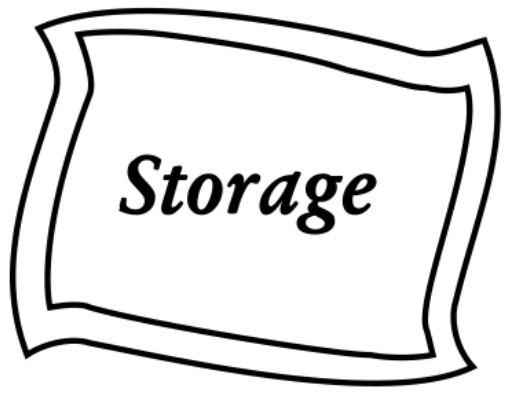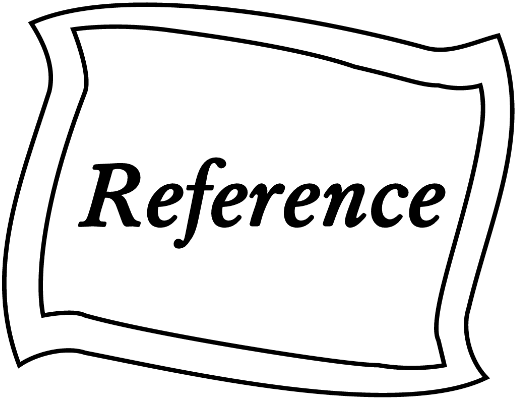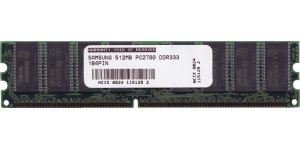 |
|
|
|
|
|
|
|
|
|
|
|
|
Why do we not use hard drive instead of RAM to be the function of RAM?
1. What is RAM?
RAM commonly known as "memory" is an acronym for Random Access
Memory. Small wafers of silicon are etched with thousands of integrated
electronic circuits which can carry and hold data and instructions. The
wafers are stacked in layers and covered with a protective material, and
the resulting little box-like things are called chips.
TOP
While a computer is running, it uses its memory to hold the operating
system, the applications you're working in (word processing, database,
spread sheet, graphics program, etc.) and the files or documents you're
working on. If you don't have enough RAM to hold all of this information
at once, many computers can be set up to use the hard drive to store the
overflow. This is known as using virtual memory, the swap file, or the
scratch disk. The processor can process data very quickly, but if it can't
get that data quickly it doesn't matter how fast it works.
The hard drive can hold lots of information, but its problem is in getting
that information in and out. The hard drive moves slowly. That's where
RAM comes in. RAM can't hold as much information as the hard drive, but
it can transfer data very quickly.
RAM is considered to be the resource which your computer uses for all
of its computations. It's a temporary work area in which your computer
uses, to do work. RAM is the place where your programs reside while they're
running and where your open files are stored before you hit the "save"
command. If active programs and files take up more room than your RAM
has available, your computer uses empty space on your hard drive to keep
track of what's going on (called "paging to disk").
 One VERY important
aspect of RAM memory is that it requires power. RAM can only hold values
while power is going through it. If the power is interrupted, the RAM
will lose ALL the values in it. This is why it is so important to save
your work frequently when working on a computer. RAM memory is volatile.
When the room you are working on is hit by a tsunami and the power goes
out of your computer, you lose everything that was in RAM. This could
be bad. The answer is to make copies of RAM, and place these copies on
other kinds of media. That's what disk drives are for. (see below...)
One VERY important
aspect of RAM memory is that it requires power. RAM can only hold values
while power is going through it. If the power is interrupted, the RAM
will lose ALL the values in it. This is why it is so important to save
your work frequently when working on a computer. RAM memory is volatile.
When the room you are working on is hit by a tsunami and the power goes
out of your computer, you lose everything that was in RAM. This could
be bad. The answer is to make copies of RAM, and place these copies on
other kinds of media. That's what disk drives are for. (see below...)
The amount of RAM in your computer is obviously a pretty important factor.
The more memory you have, the more 'room' there is in your computer for
information and programs. Modern programs have gotten HUGE, and the kinds
of information you can work with have gotten much larger. Some early home
computers had 4 or 16 K of RAM. The original IBM PC had 640 K of RAM.
In its day, this was thought of as an extravagant amount of memory that
would never be fully used. Modern computers with less than 16 Megabytes
(16,000 K) are considered a bit lame. (pun completely intended.) Older
computers can be quite happy with much less RAM, but they will not be
able to run the newer programs.
If you are buying or upgrading a computer, you should seriously consider
as much RAM as you can afford. There is probably no more cost-effective
upgrade than RAM.
If you find that you need more memory, It is relatively cheap and easy
to do a memory upgrade. Note that not all types of RAM are interchangeable.
Look in the book that came with your computer for specifically which type
of RAM you need when you are ready to upgrade.
Most of the time when we speak of memory, we are only thinking of RAM.
In computer advertising, RAM is sometimes referred to as DRAM for Dynamic
RAM
Top
of the Page
BUt why we do not use hard drive instead of RAM?
The data path from the computer's Central Processing Unit (CPU) to the
hard drive is much slower than the data path to the RAM chips. Also the
RAM chips move data around inside themselves much faster than hard drives
can. As a result, a computer with less RAM may take significantly longer
to perform tasks than a computer with an identical CPU and more RAM. Also,
computers with insufficient RAM may have more memory errors, more general
protection faults, more system crashes.
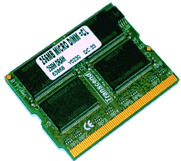 One
commonly hears "more RAM is better," and to a point that's true.
But just as you don't need the computer that made the dinosaurs in Jurassic
Park to write your letters on, you don't need the RAM those computers
used in order to do word processing or page layout. The amount of RAM
you need is a function of what you do with your computer, as well as what
kind of computer you have and what your operating system is.
Top of the page
One
commonly hears "more RAM is better," and to a point that's true.
But just as you don't need the computer that made the dinosaurs in Jurassic
Park to write your letters on, you don't need the RAM those computers
used in order to do word processing or page layout. The amount of RAM
you need is a function of what you do with your computer, as well as what
kind of computer you have and what your operating system is.
Top of the page

